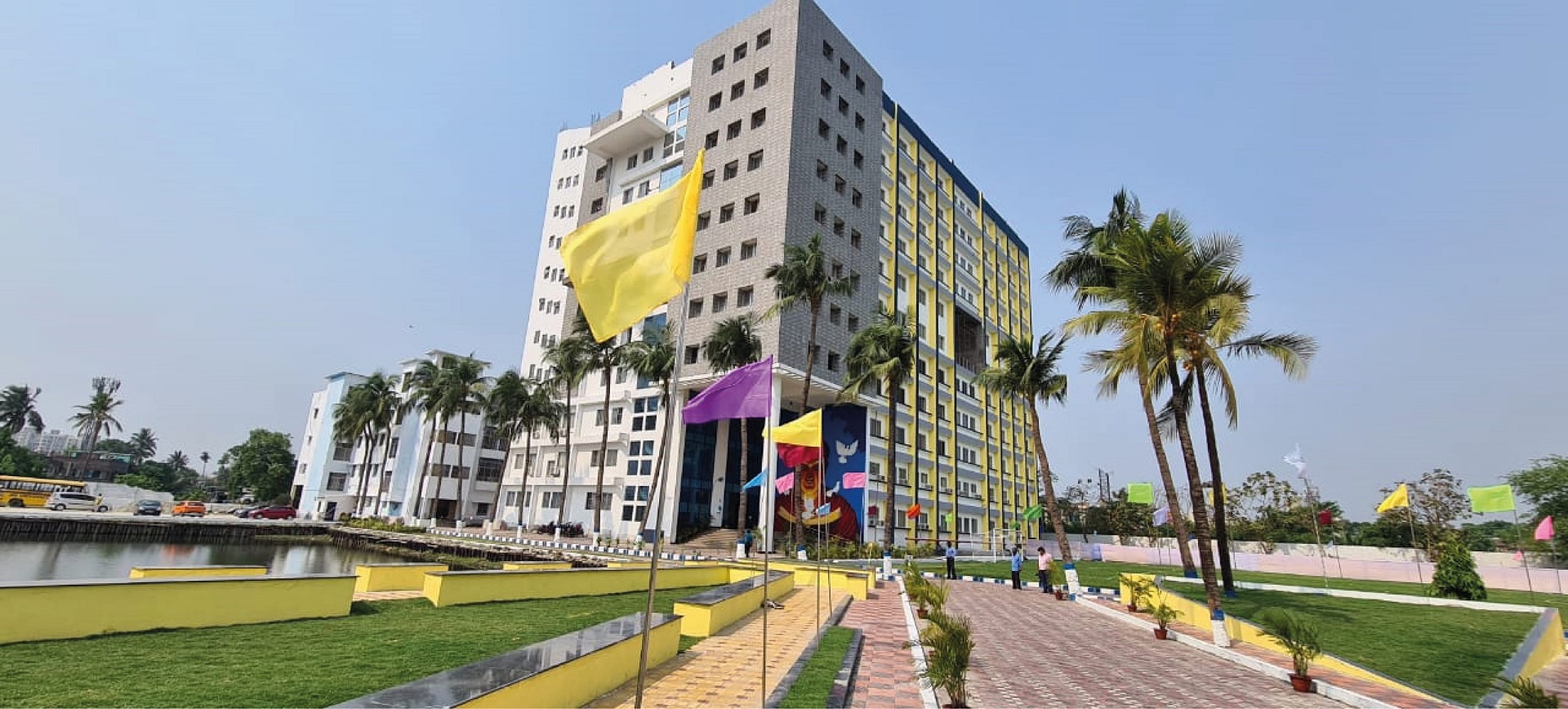About the Program
When it comes to pursuing a career in teaching, enrolling in one of the top B.Ed courses in Kolkata can be a crucial first step. The Bachelor of Education (B.Ed.) is a professional degree program that equips aspiring educators to teach at the middle level (Classes VI-VIII), secondary (Classes IX-X), and senior secondary levels (Classes XI-XII). With the rise of new schools every year, the demand for trained, competent teachers is growing rapidly.
Among the top B.Ed courses in Kolkata, JIS University offers a standout program designed to blend academic theory with practical classroom experience. The university focuses on giving teacher trainees hands-on exposure to modern teaching methodologies, digital tools, and innovative learning strategies. The curriculum is thoughtfully structured to instill strong ethical values, a modern outlook, and a sense of responsibility in future educators.
Aligned with the guidelines of NCTE and WBUTTEPA, the B.Ed. program at JIS University includes both theoretical knowledge and practical training to ensure comprehensive skill development. For students seeking quality teacher education with a forward-thinking approach, JIS University ranks among the top B.Ed courses in Kolkata worth considering.
Vision & Mission
Eligibility
Minimum 50% marks in graduation from any stream plus JET (JIS University Entrance Exam)
Career Path
A Bachelor of Education (B.Ed) degree offers numerous career opportunities in the field of education. Common career paths include teaching, school administration, curriculum development, educational consultancy, research, special education, educational technology, adult education, tutoring and coaching, and the nonprofit and NGOs sector. Teachers can teach at primary, secondary, or higher secondary levels, while school administration positions can be held by principals, vice-principals, department heads, or academic coordinators. Curriculum development roles involve designing educational materials, syllabi, and assessments for schools, institutions, or publishing houses. Educational consultants provide guidance and support to schools, organizations, and policymakers on curriculum, teaching methodologies, and policies. Research interests can be pursued in educational research institutions or universities, while special education graduates work with students with disabilities or special needs in inclusive classrooms or specialized settings. Educational technology roles involve instructional designers, e-learning developers, or specialists. Adult education involves teaching adult learners in community colleges, adult education centers, or vocational training institutes. Tutoring and coaching services are also available, and NGOs focus on literacy programs, education for underprivileged communities, and education policy advocacy.

